Past Projects
Below are a few of our recently completed projects. You can also access many of our investigators’ publications on their individual faculty profiles.
Tobacco Use in Drug Environments (TIDE)
Through mixed methods, this study examines the economic, social, and cultural context of tobacco use in a sample of individuals with high rates of poverty and substance use. In addition, we will assess the impact of health warnings and tobacco messages on tobacco perceptions and behaviors.
AFFIRM Care
This study examined palliative care, end-of-life issues, and caregiving resiliency among people living with HIV.
B-Quest
This project was a collaboration with city agencies to collaboratively examine and address their abilities to effectively provide emergency services to those in need.
Social Geographies
The Social Geographies study examined the socio-spatial context of HIV risk and preventive behaviors among African American men who have sex with men (AA MSM) in Baltimore.
SHIELD Implementation
This study examined an evidence-based HIV prevention intervention, a social-network peer education intervention for drug users, which has been shown to reduce risky sex and drug behaviors.
Alcohol Use Among MSM
This study sought preliminary data to develop novel, culturally appropriate alcohol interventions to address social and contextual factors of risky sexual behavior among AA MSM under the influence of alcohol in the United States.
Pharmacies as HIV Prevention Resources in China
This study assessed the feasibility of using pharmacies as public health venues to provide HIV-related services to injection drug users in Xichang, China; Vietnam; St Petersburg, Russia; Boston, MA; and Providence, RI.
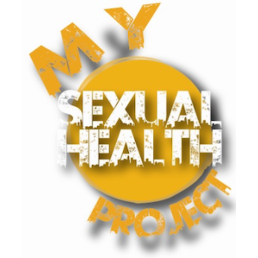
SNAP
This randomized controlled trial of an experimental behavioral intervention trained African American men who have sex with men to recruit their social network members for HIV voluntary counseling and testing and conduct peer health education to promote HIV risk reduction.
Prevention & Testing
This randomized controlled trial of HIV prevention and medical care intervention trained HIV seropositive drug users to be peer health educators and promote risk reduction among social network members.
EMS LADDER
The study pilot tested the feasibility and acceptability of introducing drug abuse screening and standard of care into routine Baltimore City Emergency Medical Service practices, coupled with a referral to opioid abuse treatment.
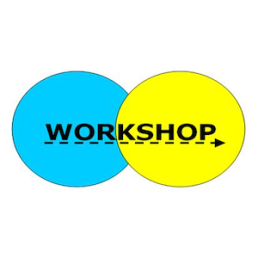
Workshop
The major goal of the Workshop study was to implement and evaluate an intervention to reduce drug and sexual HIV risk behaviors and depressive symptoms among inner city heroin and crack users.
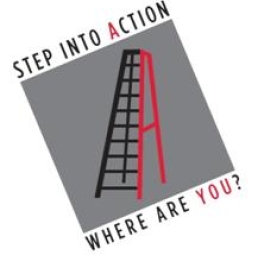
STEP
The STEP Project was a randomized controlled trial meant to assess the effectiveness of a peer-based, personal risk network-focused HIV prevention intervention.

CHAT (PI: Carl Latkin, PhD)
The CHAT Project was a randomized controlled trial of a behavioral intervention designed to train heterosexual women to be peer mentors.
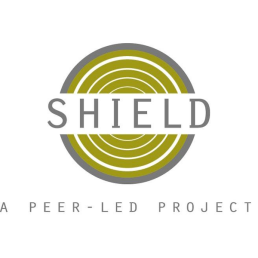
SHIELD (PI: Carl Latkin, PhD)
The SHIELD (Self Help in Eliminating Life-Threatening Diseases) Project aimed to reduce HIV infection by training individuals in communication and HIV prevention skills to promote risk reduction among their peers and the broader community.
SHIELD Replication
Rigorous scientific evaluation demonstrated the effectiveness of the SHIELD intervention in reducing injection risk behaviors and increasing condom use with casual partners.
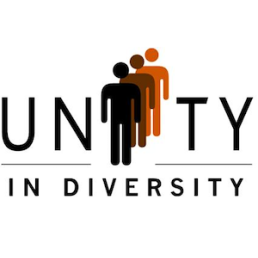
Unity In Diversity
The Unity in Diversity (UND) project was a culturally tailored, theoretically based HIV prevention intervention targeting black men who have sex with men who may identify as straight, gay, or bisexual. The intervention utilized peer outreach and social network approaches.
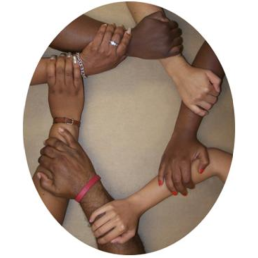
Beacon
This research project aimed to longitudinally examine influences of support networks and informal caregivers on HIV medical adherence among former or current drug users living with HIV/AIDS. The findings will be used to develop and pilot a behavioral intervention to improve HIV medical adherence.
ANCHOR
This project included a prevention intervention that targeted social networks of peers who are at risk for HIV and other sexually transmitted diseases. Participants were recruited from the Baltimore City Health Department STD clinic.
Examination of Contextual Factors Contributing to Drug Overdose in Baltimore City
The goal of this study was to collect information about fatal and non-fatal drug overdose experiences in Baltimore City to inform the development of social-behavioral and pharmacological preventive interventions.

INSPIRE
The INSPIRE (Intervention for Seropositive IDUs Research and Intervention) Project was a multi-site study in Miami, San Francisco, New York, and Baltimore designed to increase the access and use of primary medical care among injection drug users who are living with HIV.
SHORE (PI: Carl Latkin, PhD)
The SHORE (Supporters and Helpers Organizing Resources and Education) longitudinal study was a needs assessment study focused on examining the psychosocial impacts of drug use, HIV, and other diseases on caregivers, supporters, and family members.
SAIL
The SAIL (Social Affiliates and Injectors Lives) Project was a three-year study that examined the role of family members and friends on the health and well-being of individual HIV-infected intravenous drug users.
PATH
The PATH (People’s Attitudes Toward Testing for HIV) Project was a multi-site, cross-sectional community-based survey among people at high risk for HIV infection.
ARK
The ARK project examined social and behavioral factors that may promote or reduce access and adherence to HIV medical care. The goals were to promote the health and well-being of individuals, their supporters, and children.
A Network Intervention for Prevention of HIV Infection in Chennai, India
This study evaluated the efficacy of a peer-based, social-network-oriented, HIV prevention intervention that targets injection drug users in Chennai, India, and their risk network members.
A Network-Oriented HIV-Prevention Pilot Intervention among Injection Drug Users in Vilnius, Lithuania
The goals of this study were to assess drug use patterns, mobility patterns, and concomitant HIV-related risk behaviors among substance users in Lithuania and to pilot a network-oriented behavioral intervention to reduce drug use and other HIV-related risk behaviors among injectors.
A Randomized Controlled Trial of a Peer Network HIV Prevention Intervention among Drug Users in St. Petersburg, Russia
This study evaluated the efficacy of a peer-educator intervention focused on the drug and sexual networks versus HIV voluntary counseling and testing (VCT) on reducing the rate of HIV risk behaviors among active IDUs and members of their HIV risk network in St. Petersburg, Russia.
